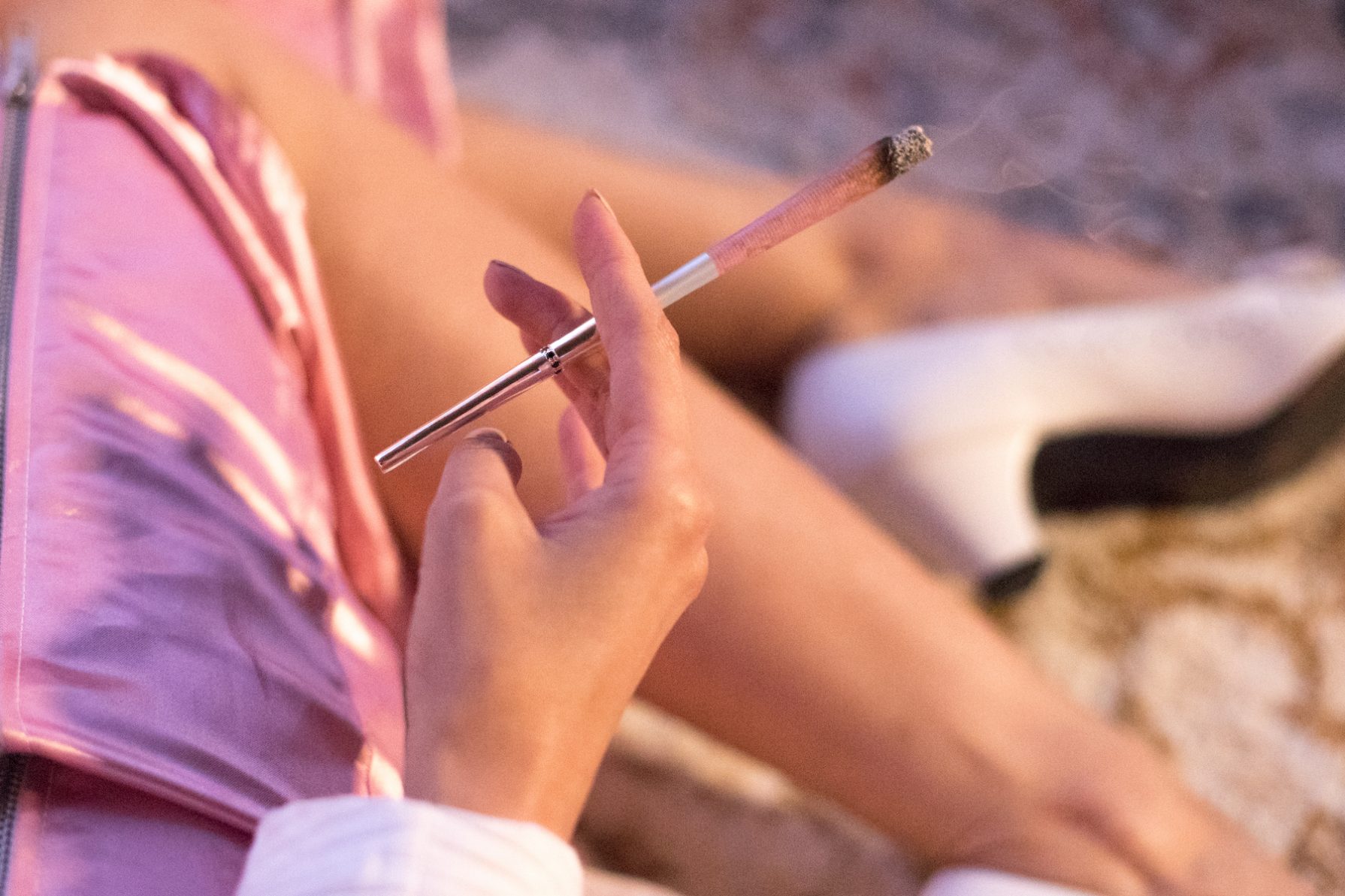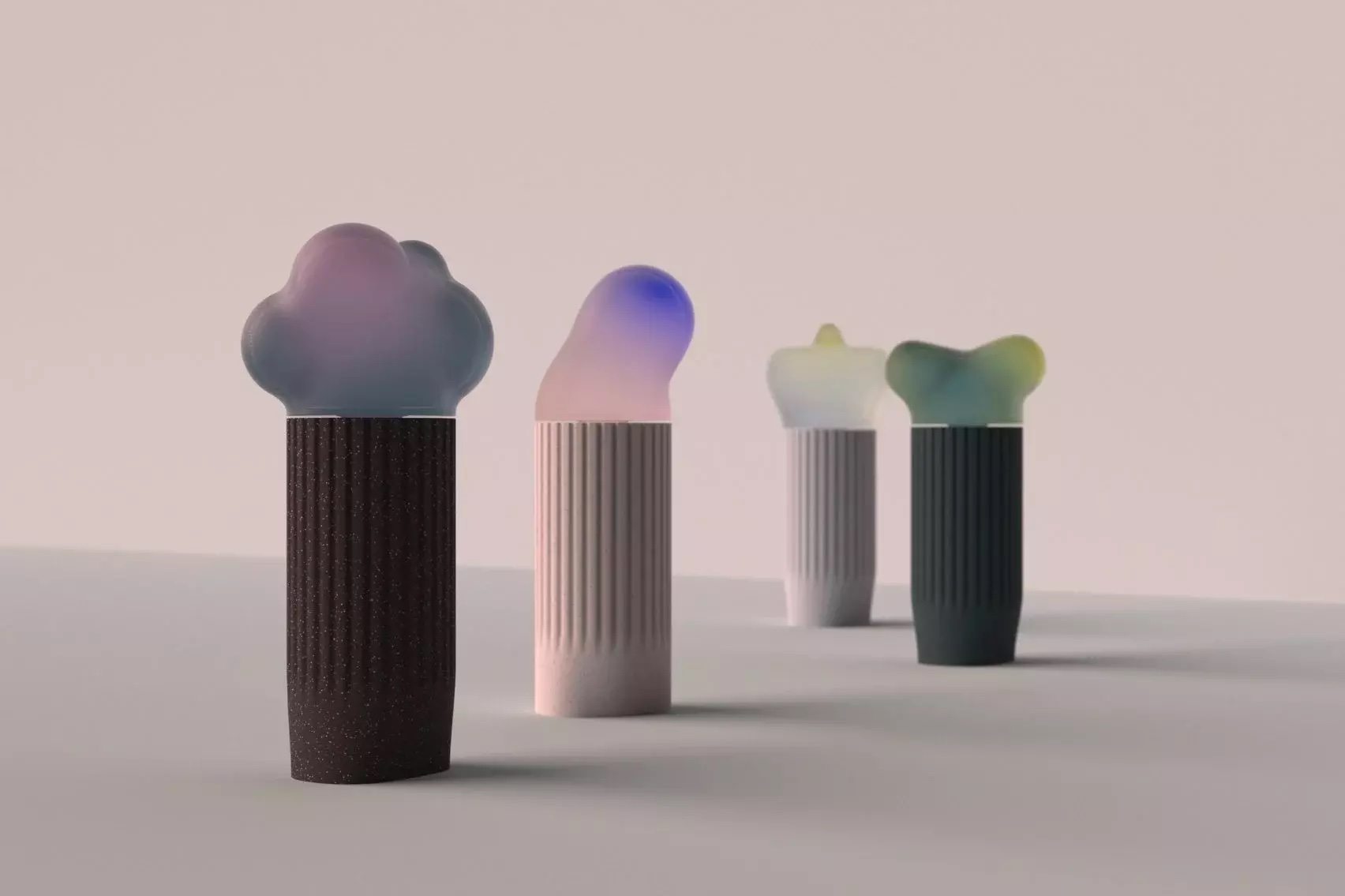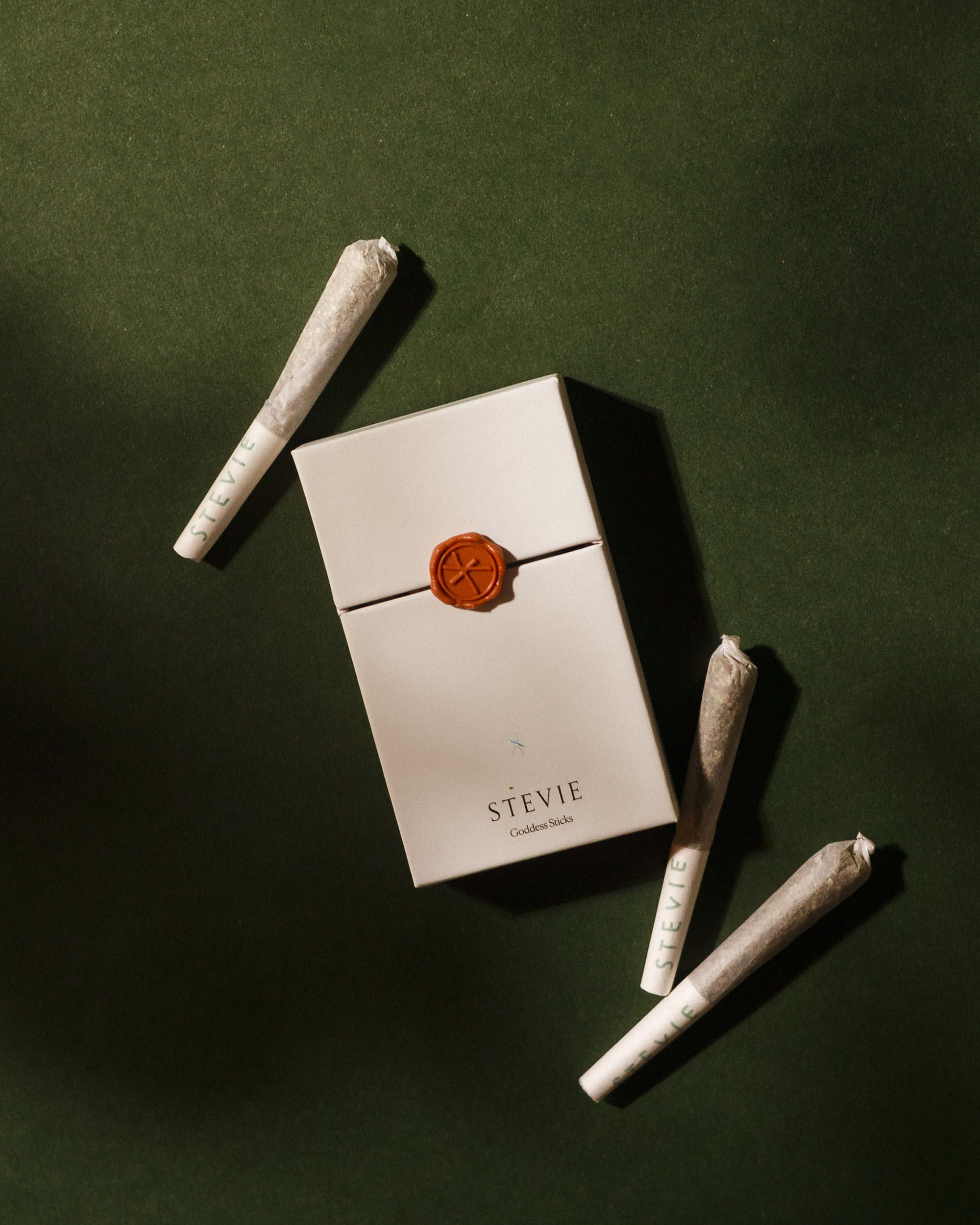Psychedelics are undergoing a renaissance as research spreads about the medical benefits of microdosing on focus and mood. Bills to decriminalize psilocybin mushrooms have sprouted across the U.S., with San Francisco becoming the latest city to deprioritize arresting people for using, growing, and distributing federally banned plant-based psychedelics like ayahuasca, peyote, and shrooms. The grassroots group Decriminalize Nature San Francisco helped push the legislation, which encourages city officials to advocate for further decriminalization federally and in California, where efforts to loosen the consequences of taking psychedelics recently stalled.
Much like with its cousin cannabis, the design world has embraced the mushroom’s unmistakable stalk-and-dome shape as a new “it” motif. Glossier erected a giant moss-covered boulder covered with Willy Wonka–esque mushrooms inside its Seattle brick-and-mortar return. Stella McCartney’s summer 2022 campaign, called “Mushrooms are the Future,” shows Japanese dancer Aoi Yamada in a park with giant mushroom sculptures that recall Alice in Wonderland. The fungal inspiration isn’t just for show—it also extends to materials, with the fashion house recently debuting the Frame Mylo, the world’s first luxury handbag made from mycelium, the root-like structures of fungi. On the consumption side, a handful of brands like MUD\WTR and NewTerritory are emulating the elegant forms and neutral colorways of contemporary cannabis brands like Dosist and Tetra to destigmatize once-“illicit” substances to tasteful Millennial and Gen Z consumers.
The legal marijuana business is booming thanks to legalization efforts in key markets like New York, New Jersey, and Virginia, with sales projected to jump from $32 billion this year to $72 billion by 2030. Despite this, most cannabis brands are hemorrhaging money. According to Politico, financial filings from two dozen of the largest publicly traded U.S. operators show collective losses of more than $550 million this year on revenues of $4.5 billion. The culprit? Federal red tape and sky-high taxes. “It’s too early in the game to expect anybody to make money, because all these guys are still in investment phase,” says Jon Decourcey, director of equity research at Viridian Capital Advisors, a financial analysis firm tracking the cannabis industry. “It should be expected that it would be taking time to [have] those investments bear fruit in terms of actual profits.”
Section 280E of the federal tax code, for example, resulted from outrage over an early-‘80s congressional tax court ruling that a cocaine dealer can deduct his operating expenses. Even though 19 states have legalized marijuana and 68 percent of Americans support it, the ruling still applies, which means cannabis businesses can’t write off their expenses, including salaries and benefits, and often pay tax rates upwards of 70 percent. Products also can’t cross state lines, meaning companies must build separate factories, farms, and stores in each state where they operate. These expenses add up, which makes a recent survey showing that 37 percent of U.S. cannabis brands are unprofitable rather unsurprising.
Industry experts argue that entrepreneurs expecting to get rich quick in an emerging market as heavily regulated and rapidly evolving as cannabis should instead focus on the long term. Charlie Bachtell, the CEO of cannabis company Cresco Labs, predicts the market will soon swell to $100 billion, but warns of a waiting game. It may take even longer for psychedelics to become a viable business, though the outlook is promising. The Biden administration is exploring the possibility of creating a task force to investigate psilocybin’s therapeutic qualities, with Georgia and Texas following suit to explore treating military veterans with serious mental health conditions.


